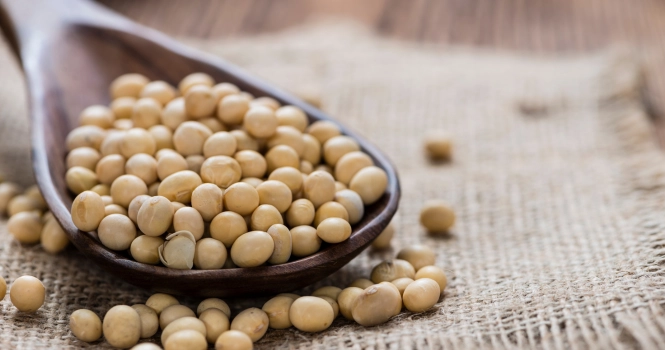Kokum: A Nutritional Powerhouse from the Indian Subcontinent

Kokum, scientifically known as Garcinia indica, is a fruit-bearing tree native to the western coastal regions of southern India.
Its fruit, although not widely known globally, holds a revered spot in Indian cuisine and traditional medicine, particularly in the states of Maharashtra, Goa, and Karnataka.
The culinary and therapeutic applications of kokum are vast, ranging from its use as a tangy flavoring agent in curries and beverages.
This article delves into the nutritional profile of kokum, shedding light on the myriad of health benefits this exotic fruit offers.
Nutritional Composition
Kokum is celebrated not only for its unique flavor but also for its impressive nutritional content. It is a rich source of antioxidants, particularly hydroxycitric acid (HCA), which is also found in other Garcinia species like Garcinia cambogia.
The nutritional value of kokum extends to vitamins, minerals, and dietary fibers, making it a beneficial addition to any diet. Here’s a closer look at its nutritional components:
- Antioxidants: Kokum’s skin is packed with anthocyanins, a type of antioxidant that gives the fruit its deep purple color. These compounds are known for their ability to combat oxidative stress and inflammation in the body.
- Hydroxycitric Acid (HCA): HCA has garnered attention for its potential role in weight management by suppressing appetite and inhibiting the conversion of carbohydrates into fats.
- Vitamins: Kokum is a good source of vitamin C, an essential vitamin with antioxidant properties, crucial for immune function, skin health, and collagen synthesis.
- Dietary Fiber: The fruit is also high in dietary fiber, which is beneficial for digestive health, aiding in bowel regularity and promoting a feeling of fullness.
- Minerals: It provides essential minerals such as potassium, magnesium, and manganese, which are vital for maintaining healthy bodily functions, including nerve function, muscle contraction, and bone health.
Health Benefits
The nutritional components of kokum translate into a range of health benefits:
1. Weight Management: The HCA in kokum is believed to aid in weight loss efforts by reducing appetite and inhibiting the synthesis of fatty acids.
2. Digestive Health: The dietary fiber in kokum helps prevent constipation and promotes a healthy digestive tract.
3. Cardiovascular Health: Antioxidants in kokum can help lower inflammation and oxidative stress, which are risk factors for heart disease. Potassium helps regulate blood pressure levels, contributing to heart health.
4. Skin Health: Vitamin C in kokum is essential for collagen production, which is crucial for skin elasticity and vitality.
5. Immune Support: The high vitamin C content also boosts the immune system, helping the body fend off infections and diseases.
Culinary Uses
Kokum’s culinary versatility allows it to be a star ingredient in a variety of dishes. In Indian cuisine, it’s commonly used in the form of a dried rind, which adds a sour flavor to curries, dals, and seafood dishes.
Kokum syrup, made from the fruit’s extract, is a popular coolant during the summer months, known for its refreshing taste and digestive properties.
Incorporation into Diet
Incorporating kokum into your diet can be an enjoyable way to reap its nutritional value and benefits. Whether it’s using the dried rind as a tamarind substitute in recipes, sipping on kokum-infused water, or enjoying kokum sherbet, there are numerous ways to include this nutritious fruit in your meals.












